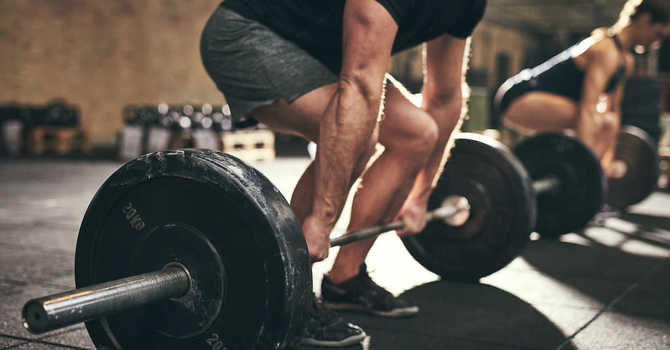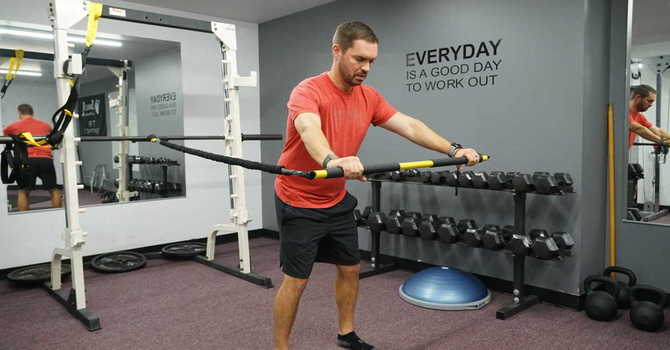
Golfers ask me all the time, ‘what are the best tools for recovery?’ Everyone wants to know all the new and greatest gadgets and tools to help with recovery. This list can get lengthy and expensive as there is no shortage of different “recovery” tools on the market. Foam rollers, trigger point balls, NormaTec compression boots, MarcPro, massage guns, hyperbaric chambers, saunas, float tanks….I could go on for a while. We offer a lot of these tools in the office to help with injury recovery and most do have a lot of benefit. However, most aren’t really necessary for everyday recovery unless you are competing at a very high level.
The three questions I follow up with when asked about recovery tools are; ‘How’s your sleep? How’s your hydration? How’s your nutrition?’ Very few people say that all 3 are great. Most people can’t even say they do well at just one of those. Using recovery tools and not sleeping, eating, and hydrating well is like taking supplements but still eating fast food for every meal. I know we all want that magic bullet to help, but the best tools are sticking to the basics.
If there was one recovery tool I think most people should invest in it would be the Whoop band. For the past year I have been wearing a Whoop band and really getting into tracking my recovery and sleep habits. You may have heard of Whoop through watching the PGA and LPGA tours as many of the players wear the band. It has made headlines from detecting COVID in Nick Watney before he had symptoms, the first PGA player to test positive on tour, to the talk of the optimal recovery Justin Thomas had the weekend he won The Players. Some of the most important data that the Whoop tracks is everything related to your sleep habits, the type of sleep you are getting, and your HRV (heart rate variability).
I would love to bore everyone with talk about HRV and all the research about how important it is at predicting readiness and recovery. But let’s get to the point. Better quality sleep equals better HRV. So what do you need to do to get better sleep?
Good sleep starts with your daytime behaviors:
- Be Active
- Drink water (½ your body weight in ounces)
- Avoid afternoon caffeine
- Don’t eat too close to bed time
- Lock in your pre-bed routine.
Here are some suggestions of sleep-promoting activities to think about including in your bedtime routine:
- Stretching
- Meditation or relaxing music
- Mindful breathing
- Blue light blocking glasses
- Reading or journaling
- Don’t use a screened device in bed
Create the perfect environment for optimal sleep:
- Total darkness
- Cool temperature (ideally 68 degrees or less)
- No noise
One of the most, if not THE most, important thing you can do for better sleep is to maintain sleep consistency. Going to bed and waking up at the same time each day helps maintain your circadian rhythm. Better sleep consistency increases time spent in REM and deep sleep (the restorative stages of sleep) and also improves sleep efficiency.
Try making some of these changes to get a better night’s sleep and better recovery. If you really want to track all your data and find out what actually works for you the best then check out Whoop. Get a free WHOOP strap and your first month free when you join with my link: https://join.whoop.com/85AB37





